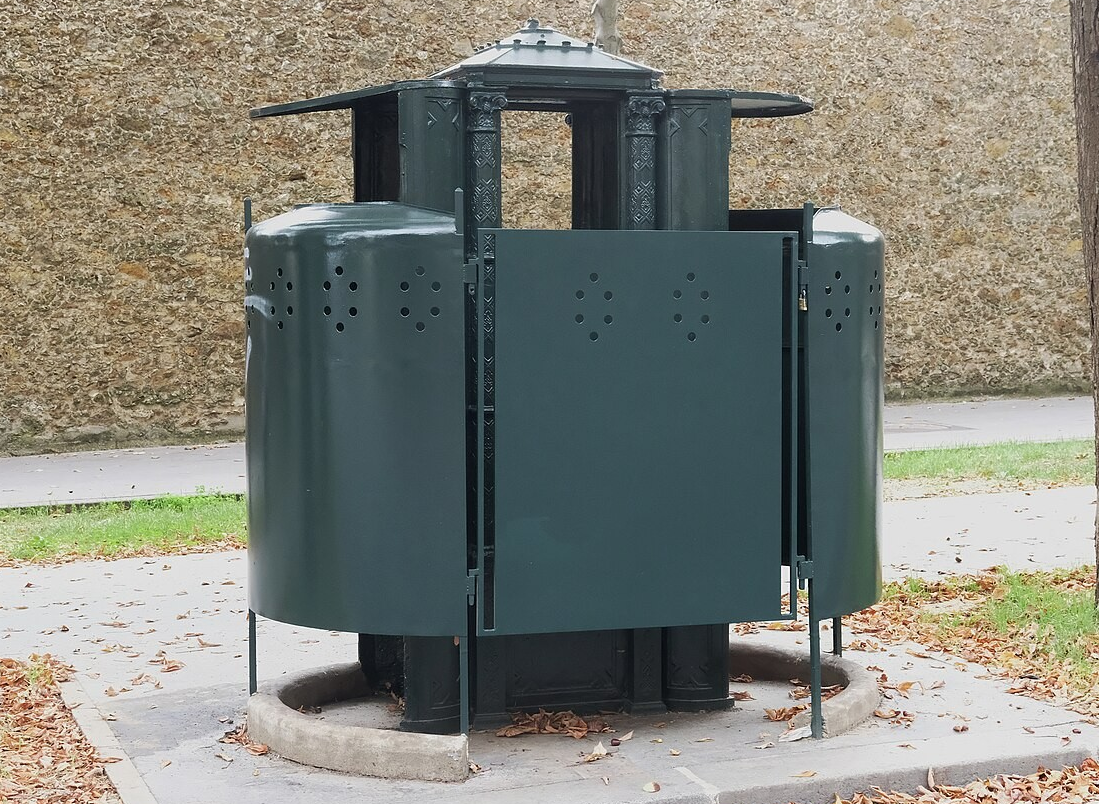Belgian prosecutors have launched a criminal investigation into the tendering process for Brussels’ Metro 3 line.
The multi-billion euro project, designed to connect Evere to Forest and Brussels city centre via 18 stations spread over 10.3 kilometres, has become mired in debt amid delays and accusations of mismanagement.
The Public Prosecutor’s Office has tasked the Central Office for Combating Corruption (CDBC) with analysing irregularities flagged by the Court of Auditors earlier in October, to determine whether any criminal offences were committed in connection with the metro’s public procurement process.
In its report published on October 8, the Court revealed the Metro 3 is hugely over budget, deep in debt and still lacks secure financing, highlighting that it is not clear how it can be completed or paid for.
“At the close of the audit, the Court of Auditors notes that the financial viability of the Metro 3 project is not assured,” the report reads.
The project received €516.3 million from Beliris, a federal fund for Brussels, but that only covers part of the cost.
The Brussels-Capital Region administration promised to pay the rest, using its own funds or those of the STIB (Brussels public transport company).
To help cover expenses, the Region took out a €475 million loan from the European Investment Bank (EIB), which must be used by 2027 and repaid over 25 years.
The report reveals, though, that there is still a funding gap: “In any case, the Region was still faced with a funding shortfall of nearly €4 billion for the Metro 3 project, while its consolidated gross debt reached €14 billion in 2024,” it says.
According to the Brussels Intermunicipal Transport Company (STIB), the project was supposed to end in 2031 but the work, initially scheduled for completion in 2025, is still ongoing.
One of its key segments requires tunnelling under the historic Palais du Midi.
The plan to partly dismantle the Palais for the work sparked opposition from heritage and urbanist groups, who say it threatens one of Brussels’ culturally significant buildings.
The metro project involves building a tunnel under the building to connect a new metro station with the existing pre-metro tunnel. Because the ground under the site is unstable, though, the STIB proposed partially dismantling the interior of the Palais while keeping the façades intact.
In August, Urban Brussels (the regional urban planning authority) approved a building permit for that project, allowing interior demolition work to start in February 2026.
Two influential civic organisations, Urban Research and Action Workshop and Inter-Environnement Bruxelles, have filed an appeal to the Council of State arguing the tunnelling work would cause “irreversible damage” to Brussels’ architectural and social heritage.





